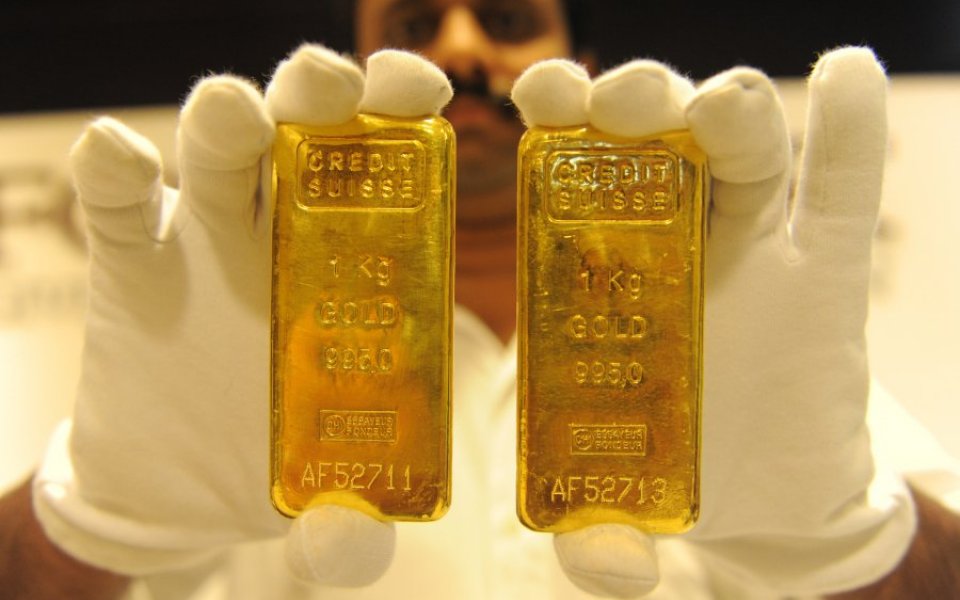UK pensions: Should you switch from a gold-plated defined benefit plan into a DC scheme? There’s a growing trend as retirees hope to take more cash out of their pots

Pension savers now have more options at retirement – whether that’s taking a lump sum, buying an annuity, or dipping into it regularly.
The flexibility now offered to people on regular defined contribution schemes seems attractive to people on “gold plated” defined benefit pensions, many of whom have considered switching from their secure scheme to the more flexible, but riskier defined contribution pension plan.
“Enquiries have increased dramatically. We’ve been receiving more transfer enquiries in a month than we would normally get in a year,” says David Trenner of Intelligent Pensions.
Many of these enquiries are pretty speculative, and only around 12-14 per cent of people who look into transferring their pension are actually suitable to do it, according to Adrian Walker of Old Mutual Wealth. “In the vast majority of cases the outcome has been to keep the defined benefit pension,” he says.
Those plans are called the Rolls-Royce of pensions for a reason. Giving up the guaranteed annual income is a risky choice.
It depends on the exact circumstances of the individual and a specialist will have to assess each person’s case to see if it’s worthwhile. But there are some scenarios when it might make sense.
Read more: How to find the right pensions adviser
HOW DOES IT WORK?
Final salary schemes, otherwise known as defined benefit (DB), are coveted for their generous offer of a guaranteed income for life in retirement – as it’s the benefit, or income, that’s defined early on.
They were once commonplace, but they’re costly for employers, so workers are much less likely to be offered one these days. More common are defined contribution (DC) plans, also known as “money purchase”.
Both worker and employer save into the pension, and it’s the performance of the investments which determines how much it will pay out in retirement. Investing is not an exact science, so with DC pensions it’s uncertain how much there will be in the kitty at retirement.
Read more: How to boost your pension with investment trusts
The government’s pensions freedoms which were brought in last year gave people with DC schemes a seeming advantage over DB members.
Now, anyone with a DC pension can opt to take out sums of money as and when they please after age 55 – although they will be taxed. Retirees are using the money to pay off mortgages, giving money to children or investing in property.
It's worth noting that the government has stopped allowing people in DB pension funds that have a deficit from switching to a DC pension. In other words, if the pension fund doesn't have enough money in it, people can't transfer out. This applies to various government pension funds.
NOT FITTING THE MOULD
Pensions companies assume each customer is the average. When it comes to retirement age, the pension holder is treated as married to a wife around three years younger, with grown-up children, and expected to live for an average lifespan, Trenner explains. “The obvious cases for transfer are when people are at retirement age and they don’t want to be treated as the average,” he says.
This is partly due to where the money saved will go after the pension holder dies. There are often “death benefits” included in DB pensions, so that when you die, money is paid annually to a spouse, partner or children until they reach the age of 23.
Death benefits will be an attractive perk for some people, giving security to those they leave behind. But they’re less useful for people who are single, divorced or have grown-up children.
When they die, their DB pension pot will go with them. Transferring to a DC pension could mean they can take out money to spend and leave the rest to whomever they choose, says Andrew James of Towry. “A lot of pension transfer cases are with people who are single and think: ‘It is my money, I want to spend it,’” he explains.
POOR HEALTH
People who do not expect to live long enough to make good use of the annual income from a DB pension may also be better off transferring it into a DC pension. James had one client whose father and brothers all passed away before age 55. This person had a good idea he wouldn’t be around to fully enjoy the benefits he’d accrued through years of saving into a DB scheme.
“You have to be careful as, if you know you are going to die and you make a pensions transfer, HMRC will treat the money as part of your estate for inheritance tax,” he adds.
Read more: Osborne plans pensions tax raid
ESTATE PLANNING
People who are wealthy enough to know they won’t need their DB pension pot could consider switching it into a DC plan and passing it on to the next generation. The government also changed inheritance rules around pensions, so they can be used more like family trusts. “If the pension provider allows it, the person who the pot is passed onto can decide to keep it invested as a pension,” Walker says.
“Then whenever they take money from it, they don’t pay tax. And although it is still in a pension fund, it is not part of their lifetime allowance,” he adds, referring to the total amount the government will give tax breaks on.
SMALL DB POTS
If someone’s DB pension pot is only small in comparison to their other retirement savings, it may make more sense to move it into a DC scheme.
“If it’s a relatively small pot, some people would rather have that capital added to their DC pension and then take the money out in a flexible way,” Walker explains.